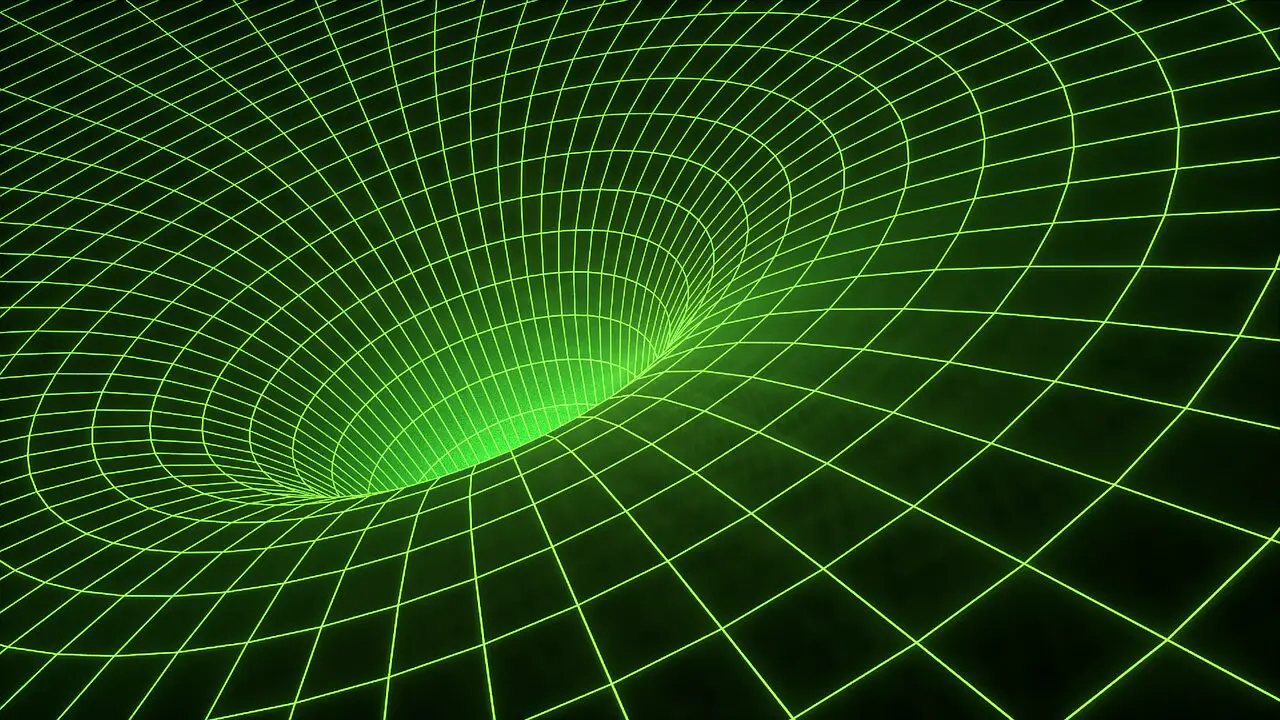Philosophy is not always popular among mainstream scientists. Celebrity scientific figures like Stephen Hawking or physicists like Lawrence Krauss have bemoaned philosophy generally, and the philosophy of science more specifically. According to the former, philosophy is “dead”, while Krauss is reported to regard it as an indulgence at best. However, there are issues with perspectives like this.
A fundamental problem is that even the detractors of these topics are themselves espousing a philosophical positions, often without realizing it. As such, they assume that the philosophy of science – how we think about this thing we call science, how it works, what its explicit and implicit assumptions are, and how we address the epistemic and metaphysical implications of its many theories – are self-evident.
Unfortunately, they are not, and it seems the shared principles of flexibility and the need to revise theories in light of new evidence are not only unclear to people, but may be seen as a weakness by some.
As H. Holden Thorp, Editor-in-Chief, Science journals explained in his editorial:
“Many scientists would be surprised to find that this idea needs to be reinforced. Science is, after all, a work in progress that changes as new findings cause revision and refinement of held interpretations. The history of science is a powerful narrative of this culture of self-correction, and it is the essence of science to attempt to make discoveries that change the way scientists think.”
“But whenever science becomes important in the public eye, as with climate change and the pandemic, the continuous revision can become a target for those who wish to undermine scientific knowledge.”
Assumptions about the scientific method
The recent rise in mistrust in science, along with the increased proliferation of misinformation, conspiracy theories and downright lies has led many individuals to stress the value of the scientific method in our daily lives.
The ability of scientists to change their minds is a strength, but it is often obscured, downplayed, or lost when new discoveries or developments are communicated in the public sphere. This is a problem that Professor Jim Al-Khalili recently discussed with IFLScience. The need to present an authoritative and accessible explanation for complicated phenomena or processes can lead science to be communicated as certain and fixed.
The opposite is true, and the ability of scientists to willingly “eat humble pie” when the evidence requires it should be celebrated more publicly.
Part of the issue here is not just with scientists, of course. New outlets that cover scientific news, especially those who lack specialists in scientific journalism, will often simplify stories so they lose their rough edges. As a result, Thorp continues, the caveats that often come with scientific discoveries are downplayed, which adds to this idea of certainty.
In addition, as Thorp explained in his editorial, scientist themselves fall into the “scholastic fallacy”, which describes how academics often assume everyone thinks about problems the same way they do. In this case, scientists take for granted that the wider public understands and interprets their findings in the same way, and automatically understands that all findings are contingent and may be updated later.
“Resetting the public’s understanding of how science works will be a big job, but a good place to start is with students who get science degrees,” Thorp explained.
“Unfortunately, most programs are full of didactic classes about scientific principles, with few if any requirements on the history and philosophy of science. Because many undergraduate science majors pursue careers outside of science, including medicine, a shift in curricula would ultimately produce a public that is more literate in the way that science works.”



